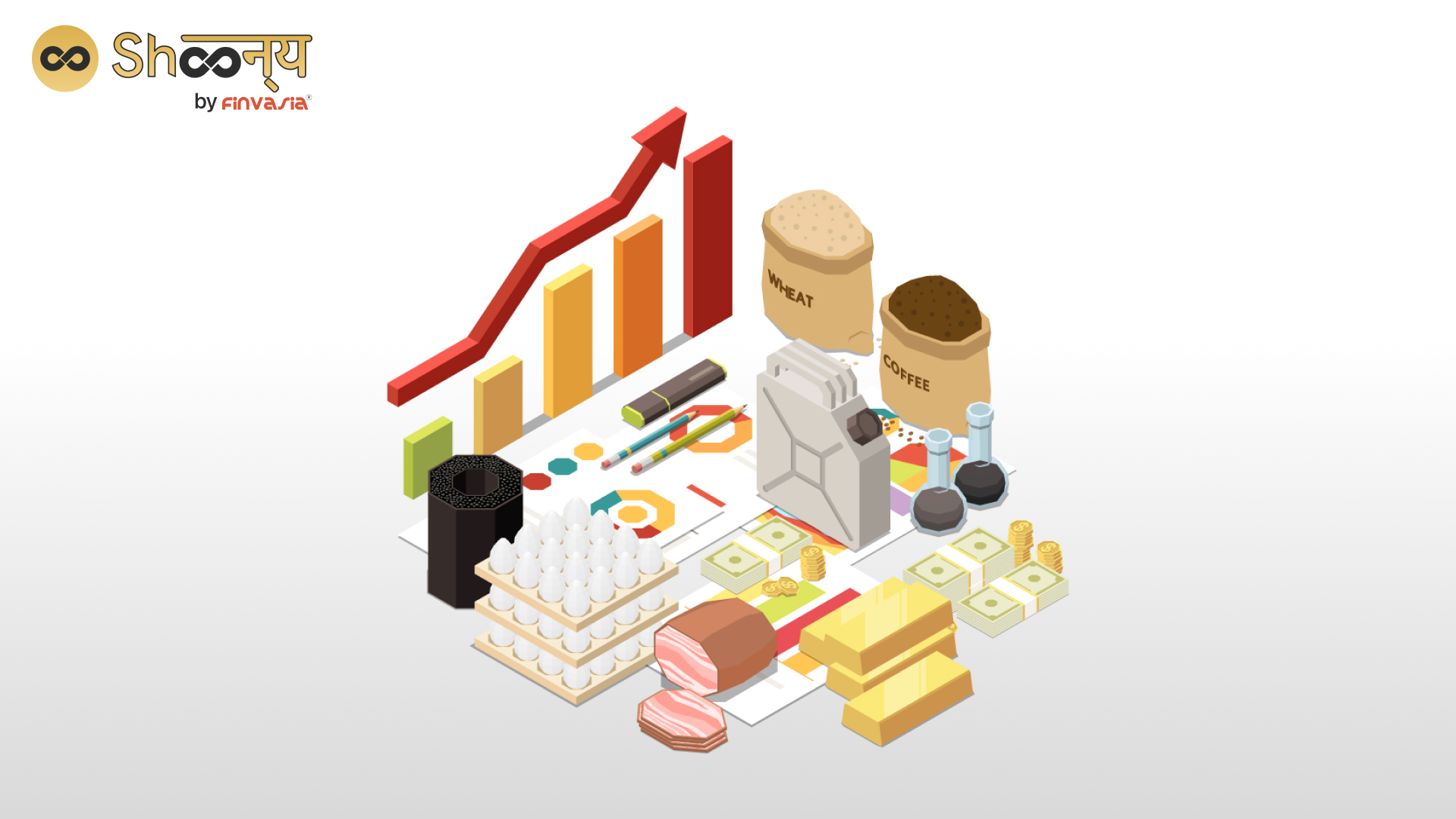Commodity Trading in India: Basics, Market Features, and Share Market Insights

Commodity trading is a dynamic and integral part of India’s financial landscape. It offers investors and traders a unique avenue for diversifying their portfolios and hedging against market uncertainties. In this comprehensive guide, we will look into the fundamentals of commodity trading, its role in the share market, and the distinct features of the Indian commodity market.
Understanding Commodity Trading Basics
Commodity trading is the process of buying and selling of physical goods or raw materials such as gold, silver, agricultural products, energy resources, and more. These goods are standardized and traded on various commodity exchanges, including India’s Multi Commodity Exchange (MCX). Here are some key aspects of commodities in the share market:
- Standardization: Commodities traded in the market are standardized, ensuring uniformity in quality, quantity, and delivery terms. For example, one unit of gold traded on the MCX is typically 1 kg of 24-carat gold.
- Futures and Spot Markets: Commodity trading encompasses both futures and spot markets. While the spot market involves immediate delivery and payment, futures contracts enable traders to buy or sell commodities at a predetermined future date and price.
- Hedging: Commodity trading serves as a crucial hedging mechanism for businesses involved in the production or consumption of these goods. It helps mitigate price volatility risks.
Commodities in the Share Market: A Vital Component
Commodities play a significant role in the share market by diversifying investment opportunities. Here’s how they intertwine:
- Portfolio Diversification: Commodities, being an asset class different from traditional stocks and bonds, provide investors with an opportunity to diversify their portfolios. During economic downturns, commodities can act as a hedge, balancing losses in other assets.
- Influence on Equities: Commodity prices can impact equity markets. For instance, rising oil prices can lead to higher production costs for businesses, affecting their stock prices. Understanding commodity trends is vital for equity investors.
- Investor Participation: Commodity exchange-traded funds (ETFs) allow investors to gain exposure to commodities without directly trading in futures contracts. These ETFs are traded like stocks, making them accessible to all types of investors.
Features of the Commodity Market
The Indian commodity market possesses unique characteristics:
- Regulation: The Securities and Exchange Board of India (SEBI) regulates the commodity market, ensuring transparency and investor protection.
- Product Diversity: The Indian market offers a wide array of commodities, including gold, silver, agricultural products, metals, and energy resources. This diversity provides numerous trading opportunities.
- Online Trading: With the advent of technology, commodity trading in India has become increasingly accessible through online platforms, making it convenient for traders across the country.
- Market Hours: The Indian commodity market operates from Monday to Friday, with specified trading hours for different commodities.
Conclusion
Commodity trading in India offers a world of opportunities for investors and traders alike. Whether you’re looking to diversify your investments, hedge against market risks, or explore new avenues for financial growth, understanding the basics and features of the Indian commodity market is your key to success. Begin your journey into this exciting realm and harness the potential it holds for your financial future.
FAQs: Your Commodity Trading Queries Answered
To begin commodity trading, you’ll need to open a trading account with a registered broker, complete the necessary KYC formalities, and deposit the initial margin.
While commodities can be a valuable addition to a diversified portfolio, beginners should thoroughly research and understand the market dynamics before investing.
Yes, online commodity trading platforms are readily available in India, allowing traders to buy and sell commodities with ease.
Gold, silver, crude oil, agricultural products like wheat and soybean, and base metals such as copper are among the popular commodities in the Indian market.
Utilizing strategies like stop-loss orders and diversifying your portfolio across different commodities can help mitigate the impact of price volatility.
______________________________________________________________________________________
Disclaimer: Investments in the securities market are subject to market risks; read all the related documents carefully before investing.








